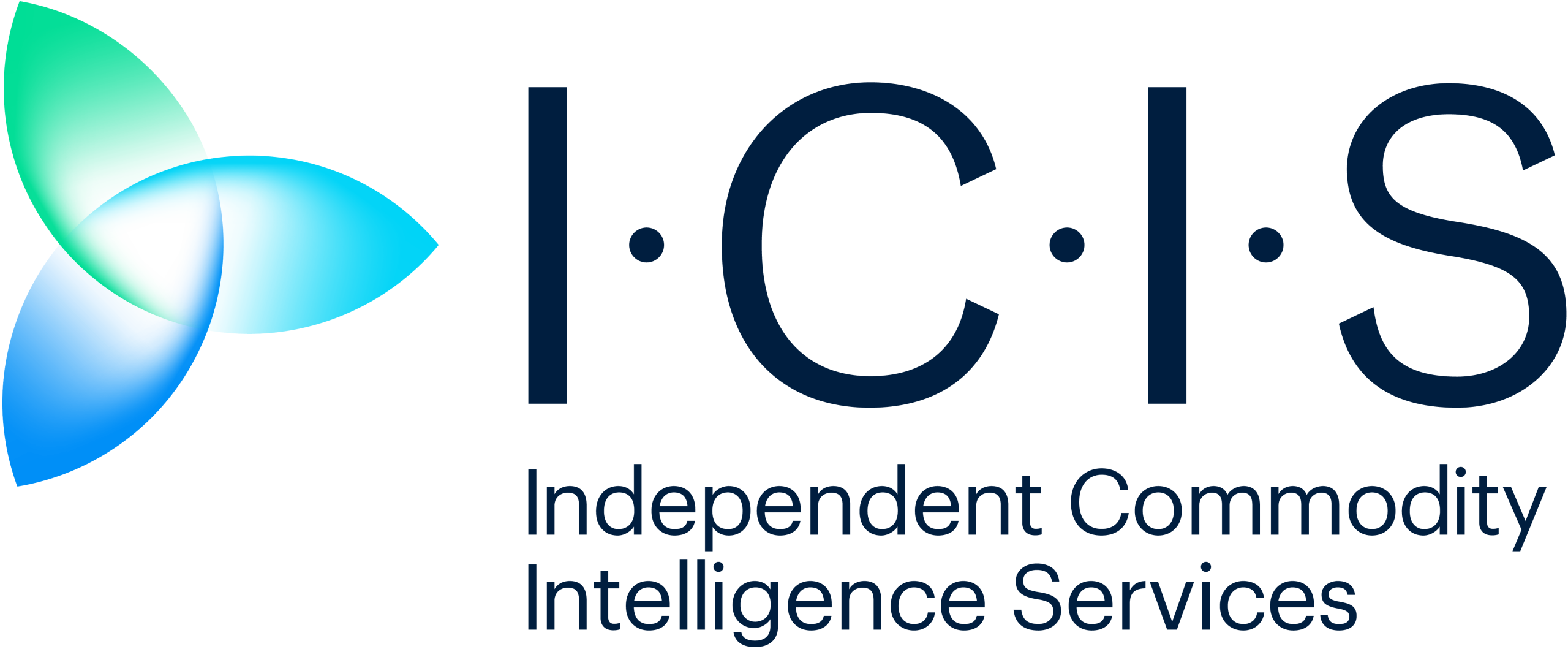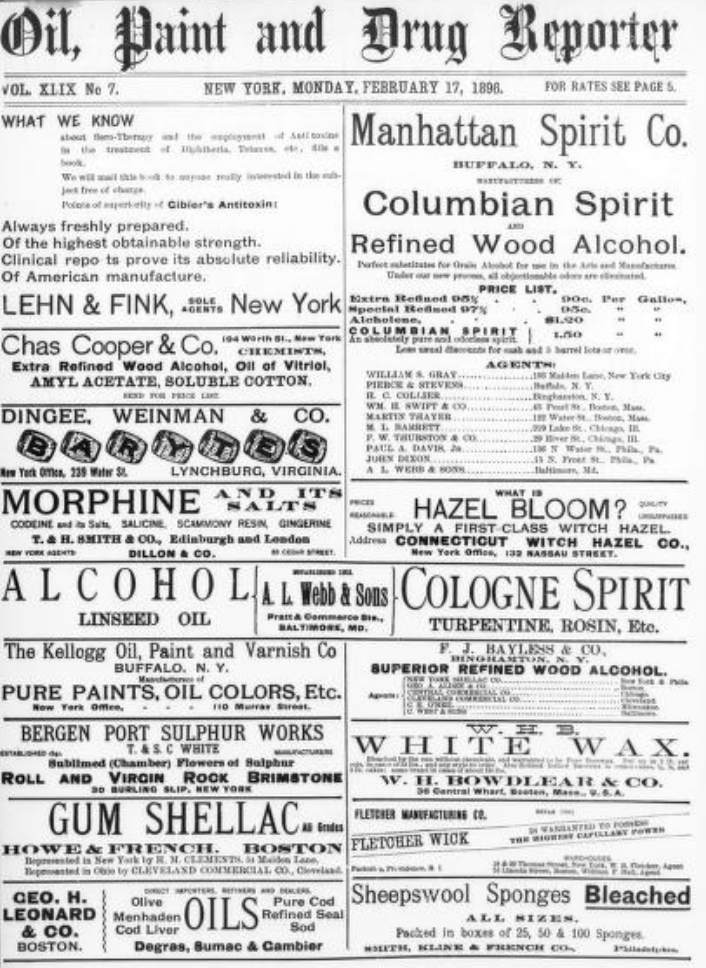Plastics aren't the problem, waste is
For 150 years ICIS has charted the price of
the most versatile material on earth

Exploding billiard balls
The first commercial plastic was invented to protect elephants. A craze for billiards was sweeping the world from English stately homes to American saloons increasing demand for ivory billiard balls. In 1863, a New York billiards supplier – fearing for elephant populations – offered a “handsome fortune” to anyone who could invent a new material.
American businessman John Wesley Hyatt created celluloid building on the work of British chemist Alexander Parkes. Made from nitrocellulose – known variously as pyroxylin, flash paper and gun cotton – it was, perhaps unsurprisingly, combustible. Two billiard balls striking each other produced a “mild explosion” like a gunshot, Hyatt said, adding: “We had a letter from a billiard saloon proprietor in Colorado mentioning this fact and saying that he did not care so much about it but that instantly every man in the room pulled his gun.”
Celluloid, which could be moulded and hardened, was waterproof, did not rot and could be made to resemble ivory, coral, lapis lazuli, amber, marble and carnelian. It was most famously used to make tortoiseshell combs and cinema film – which ironically nearly killed the comb industry when movie stars popularized short bobs.
A pamphlet said celluloid had “given the elephant, the tortoise, and the coral insect a respite in their native haunts; and it will no longer be necessary to ransack the earth in pursuit of substances which are constantly growing scarcer”.

Celluloid billiard ball – Division of Medicine and Science, National Museum of American History, Smithsonian Institution
Celluloid billiard ball – Division of Medicine and Science, National Museum of American History, Smithsonian Institution
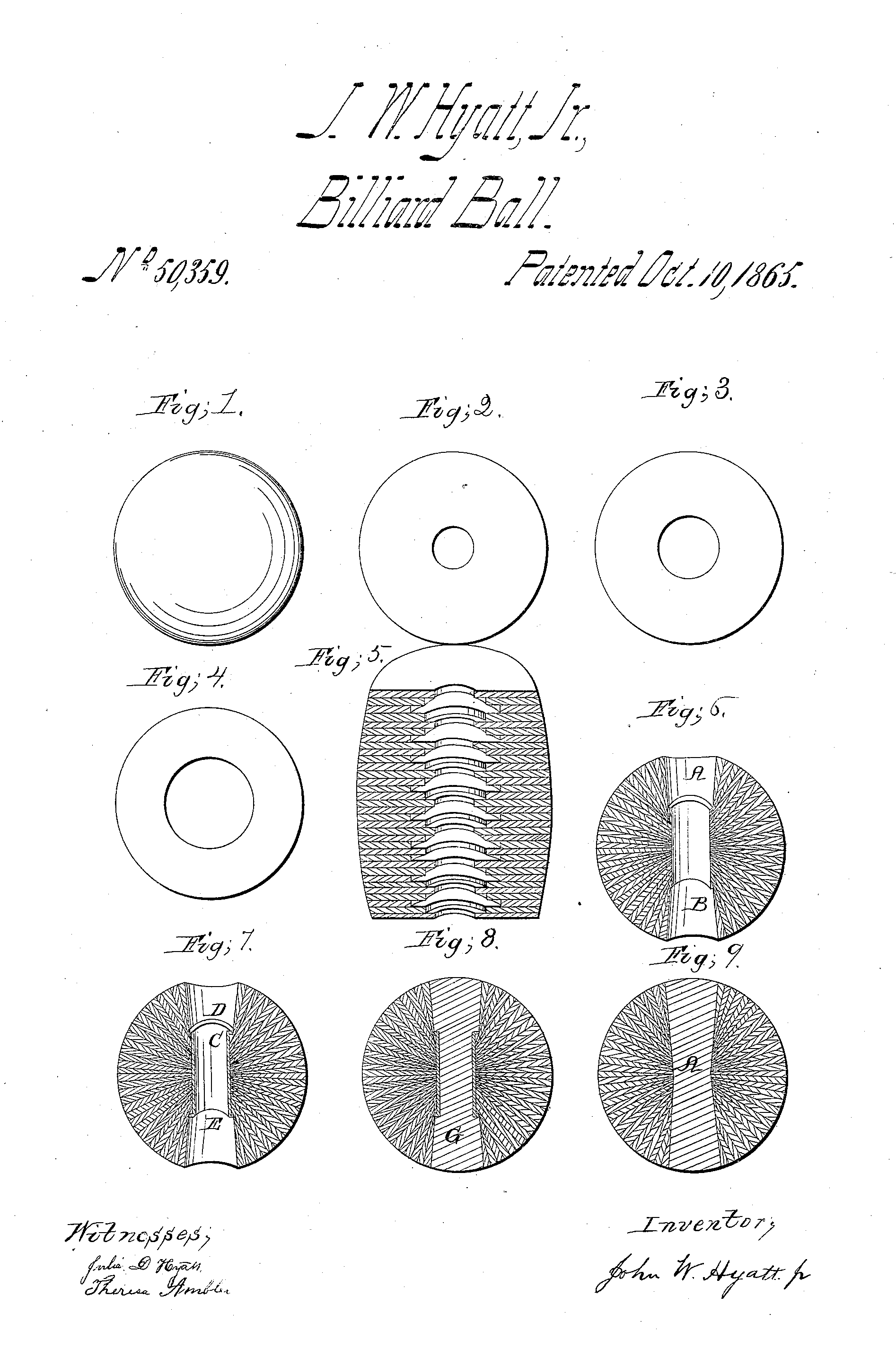
Hyatt's billiard ball patent
Hyatt's billiard ball patent

The evolution of plastic
Celluloid started a boom in synthetic plastics and, two years after it was invented, the US magazine Oil, Paint and Drug Reporter – which later was acquired by ICIS (Independent Commodity Intelligence Services), part of Data Services, LexisNexis® Risk Solutions – formed to report on this emerging industry.
Early editions chronicled the transition from natural plastics to synthetic plastics. An 1892 article noted the sticky secretions of lac beetles on American stinkweed could profitably be exploited to produce shellac whilst an 1893 article reported that discerning New Yorkers were “not deceived” when corset-makers replaced whalebone with celluloid.
Innovation accelerated in the 20th century: in the 1930s, plastic was in coffee pots, vacuum cleaners and telephones; in the 1940s, in bazookas, military raincoats and parachutes; in the 1950s, in food wrap, tupperware and bath tubs; and, in the 1960s, scientists pioneered silicone breast implants, DuPont invented Kevlar – which made truly bullet-proof vests possible – and Neil Armstrong planted a nylon flag on the moon.
The price of plastic
Plastic was first spotted in the ocean in the 1960s. People started to realise its greatest advantage – its durability – was also its greatest disadvantage: it can take thousands of years to degrade creating a vast build-up of waste.
Enthusiasm began to wane. In the 1968 film The Graduate, Dustin Hoffman’s character is urged to make a career in plastics – and the audience is invited to view this as soulless. As time went on, the word ‘plastic’ became an insult meaning fake, cheap or tacky. However, this did not stop it proliferating and, by 1976, it was the most used material on earth.
Four years later, ICIS formed in Paris to report on this rapidly expanding market. In 1984, it merged with London Oil Report (LOR) to form ICIS-LOR. Ten years later, the company was acquired by RELX, the FTSE 15 data and analytics business. Today ICIS has over 600 employees in 13 countries around the world and covers two major markets: chemicals and energy. Its customers range from oil companies to car manufacturers to fashion houses.
ICIS has been reporting from the frontline of the plastics revolution for 150 years. Few companies know more about the price we pay – monetarily and environmentally – for the world’s most versatile material.
Each morning, ICIS editors gather in news meetings to discuss breaking news and rationalise data and trends impacting the cost of polyethylene, polypropylene and other plastics. Anything from a tanker hijack to a plastics tax can spike or sink prices - prices that can affect multimillion pound contracts and deals.
Editors then call buyers, sellers, traders, recyclers, manufacturers and industry experts to establish the going rates. A single editor might call up to 30 people a day. Each call is a carefully calibrated exercise based on trust, transparency and mutual accountability. “A market editor can’t just ring busy traders and ask what is happening,” says Manca Vitorino, Director of Data Operations. “The relationship is built on mutual respect to bring transparency to one the world's most opaque markets.”
ICIS prides itself on its independence. “Everyone you speak with will give you different information,” says Vitorino. “We have to make sure we get a really wide range of opinions so we can make an objective assessment of the market.”

Manca Vitorino who is based in London
Manca Vitorino who is based in London
Data and analytics
Editors also study datasets, which can range from GDP figures to the prices of related commodities. “Data is at the core of what we do,” says Vitorino. “We look for stories in the numbers.”
The aim is to bring transparency to the market and end the need for lengthy negotiations between buyers and sellers. “We have a very strong reputation for accuracy,” says Soo Hwee Peh, Managing Editor for Asia and the Middle East. “We have built credibility over the years and people trust our prices. Data-driven insights have strengthened our reports as have human insights – asking the right questions, testing the responses and verifying and cross-checking the information.”
The company has a track record of adapting: it made an early transition from print to digital; from advertising to subscriptions; and from weekly updates to rolling news. “We were ahead of the curve,” says Nigel Davis, who has been Insight Editor at ICIS for 30 years. “We made some smart moves. We got into a subscription mindset and a digital mindset early. We also globalised and delivered 24-hour news.”
Content used to be delivered via a PDF. Now subscribers access news, price data, charts, in-depth analysis and information about supply and demand on the company’s digital platform.
ICIS is already providing more bite-size content to deliver value from data and provide deeper more meaningful insights. It is also integrating its analytics expertise and technology into customer workflows and has plans to use machine learning to personalise the content that customers receive.
“We are always thinking about how we can positively disrupt the industry,” says Strategy Director Alison Jones. “How can we be innovative in anticipating what the industry needs before they know they want it?”

Soo Hwee Peh who is based in Singapore
Soo Hwee Peh who is based in Singapore

Nigel Davis who is based in London
Nigel Davis who is based in London
A clear purpose
Purpose – being a force for good in the world – is the company’s biggest priority. It is under no illusions about the environmental price of plastics: plastic damages habitats, harms wildlife and threatens human health.
People have produced an estimated 9.2 billion tons of plastic since it was invented. Each year a further 400 million tons are produced – 40 per cent of it for single-use items. More than eight million tons enter the world's seas each year. Ironically, a material invented to preserve animals now endangers them. In 2015, a plastic straw was yanked from the nostril of a sea turtle causing global dismay; and, in 2019, a dead sperm whale washed up on a Scottish beach having swallowed fishing nets, cups, shopping bags, gloves, bottles, sachets, tubing and a 100kg ball of plastic rope.
Microplastics – the minuscule fragments produced when plastic degrades – are another problem: Zooplankton eat microplastics; fish eat zooplankton; and we eat fish. Microplastics have been found in other foods from salt to honey. They are also found in the air. Nearly all adults and eight out of ten babies have traces of phthalates – a plastic additive – in their bodies. Around 93 per cent of people have BPA – another plastic additive – in their urine. The health impacts are not known.
“We use it and we throw it away – that’s the problem,” said ICIS Senior Editor Linda Naylor, who has reported on polyethylene and polypropylene for 32 years.
“You buy a packet of Serrano ham and there is a piece of polypropylene between each slice. It’s mad to waste all that plastic. Everybody agrees we have to use less.”
If only it was that simple, Naylor adds. The global plastic market is worth $1.2 trillion. The pandemic has driven demand for single-use plastics globally and the shale rush in the US has rejuvenated the American plastics industry. “Demand for polyethylene and polypropylene also increased globally, and we have seen record prices in the past few months following unusual events from the hurricane issues in the US and a shortage of containers and freights affecting exports from Asia to Europe” says Naylor.

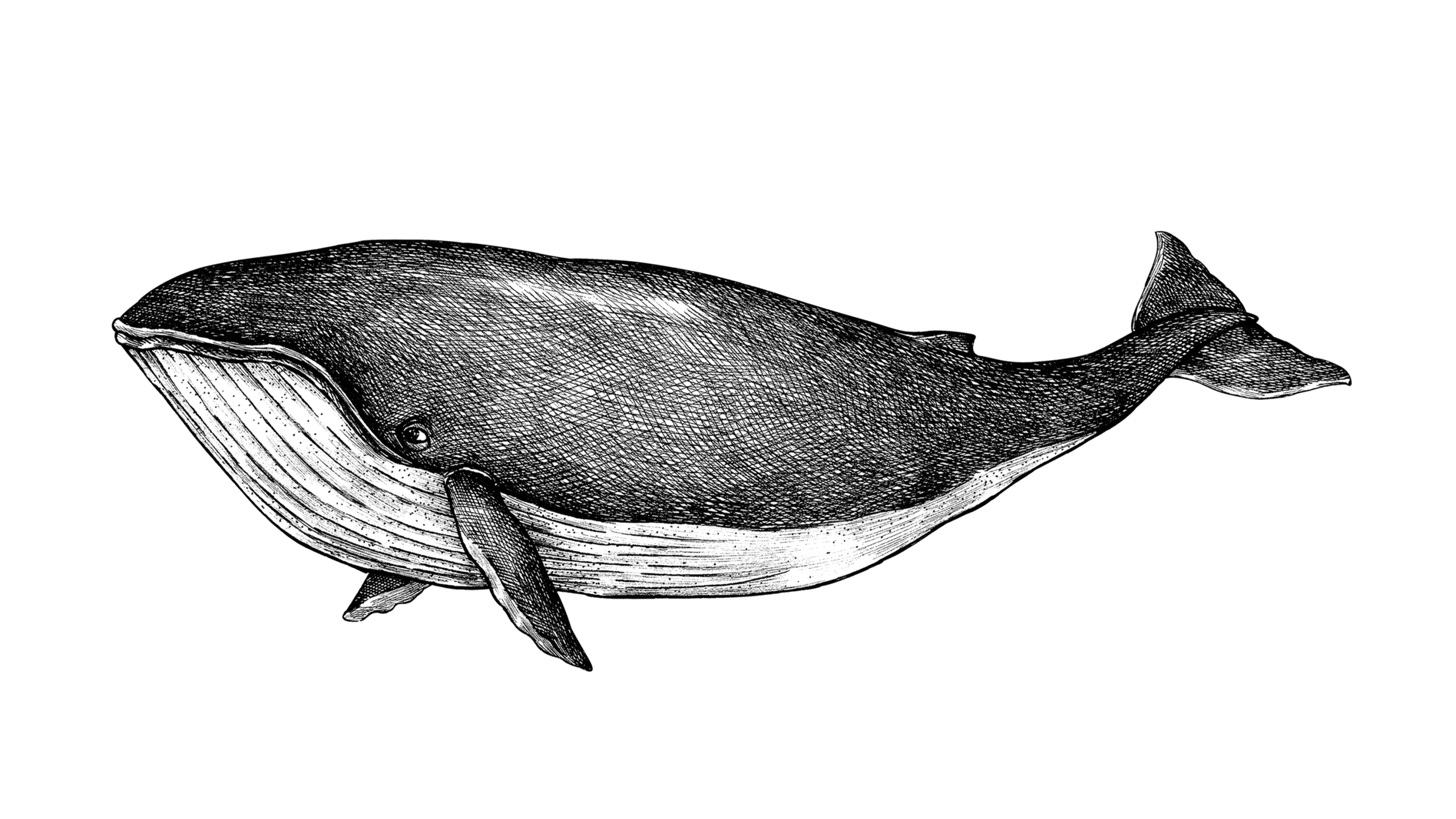
A complex problem
There are no easy answers. Recycling is beset with difficulties: there are seven categories of plastic of which only four are routinely recycled. Much of household recycling is multi-stream which means all categories of plastic end up in the same bag – along with glass, paper and cardboard. Sorting is often costly and complex.
Countries used to send their waste predominantly to China where cheap labour made sorting profitable but that ended in 2018 when contamination levels became unmanageable and a country-wide ban on waste imports was imposed. Now plastic waste that has low tensile strength or is deemed too contaminated ends up in landfills or incinerators even if the consumer recycles it.
Plastic that does get recycled is diced, melted and remade. This is known as a primary method of mechanical recycling. The resulting recycled material can be more costly than virgin plastic because demand often exceeds supply.
"Mechanical recycling is circular up to a point," says Louise Boddy, Head of Commercial Strategy, Sustainability. "Eventually a plastic molecule can't be made into plastic again because the bonds between the molecules degrade. There are also quality issues. It can be difficult to get recycled plastic of the same colour as virgin plastic because of the mixed nature of the waste that goes into it. And the waste collection infrastructure is a bottle-neck that needs government support."
Chemical recycling
Chemical recycling is a promising alternative. Plastic is broken down to its molecular building blocks, and then converted to a variety of new materials from the waste, including virgin-quality plastic. There is significant investment in chemical recycling but it is still in its infancy: it works in labs where the quality of the feedstock – the plastic to be recycled – can be tightly controlled but, in the real world, where a rogue shoe can find its way into a recycling bag, there are likely to be more challenges.
Meanwhile, NGOs warn there is an environmental cost to recycling. There is not yet enough research about the relative environmental impacts of chemical recycling, mechanical recycling, virgin-plastic production and production of alternatives, such as glass or cotton. Factors such as the transportation of end-use products play a part – for instance, plastic bottles have a smaller carbon footprint than glass bottles because they are lighter.
Pandemic impact
The economic impact of the pandemic and the related drop in virgin plastic prices reduced demand for more costly recycled materials and chemical recycling projects slowed due to delayed investment decisions. Sustainability slipped down the agenda during the crisis but the UN Climate Conference in Glasgow in November is refocusing minds.
Regulatory action linked to coronavirus recovery has already been introduced in the form of the EU plastics charge, which came on top of existing announcements from Italy, Spain and the UK – all of which are planning to introduce plastic taxes. Meanwhile, signatories to the US Plastics Pact and the Ellen MacArthur Foundation are eager to show progress.
Consumers, too, are piling on pressure and many brands have committed to using more recycled material. Unilever, for instance, has pledged to halve virgin plastic use by 2025, and both Tesco and Mars have begun trialling food-grade chemically recycled plastics. BASF has predicted Europe could reach 1 million tons per year of chemically recycled plastics by 2025.
“People are increasingly shaping the way the market looks at plastics,” says Ashley Byford-Bates, Director of Product and Analytics. “Our customers are focusing on how they can obtain more recycled materials and move towards a circular economy.”
ICIS has included prices for recycled plastics in its weekly subscription services since 2006. It has also introduced the Recycling Supply Tracker to the market. This enables buyers to source recycled plastics. The platform shows the locations of mechanical recycling plants around the world and their current supply levels. Customers can filter by country, type of plastic, colour of plastic and whether it is food-grade. It is the only platform of its kind and will soon provide information on chemical recycling labs, pilots and projects.
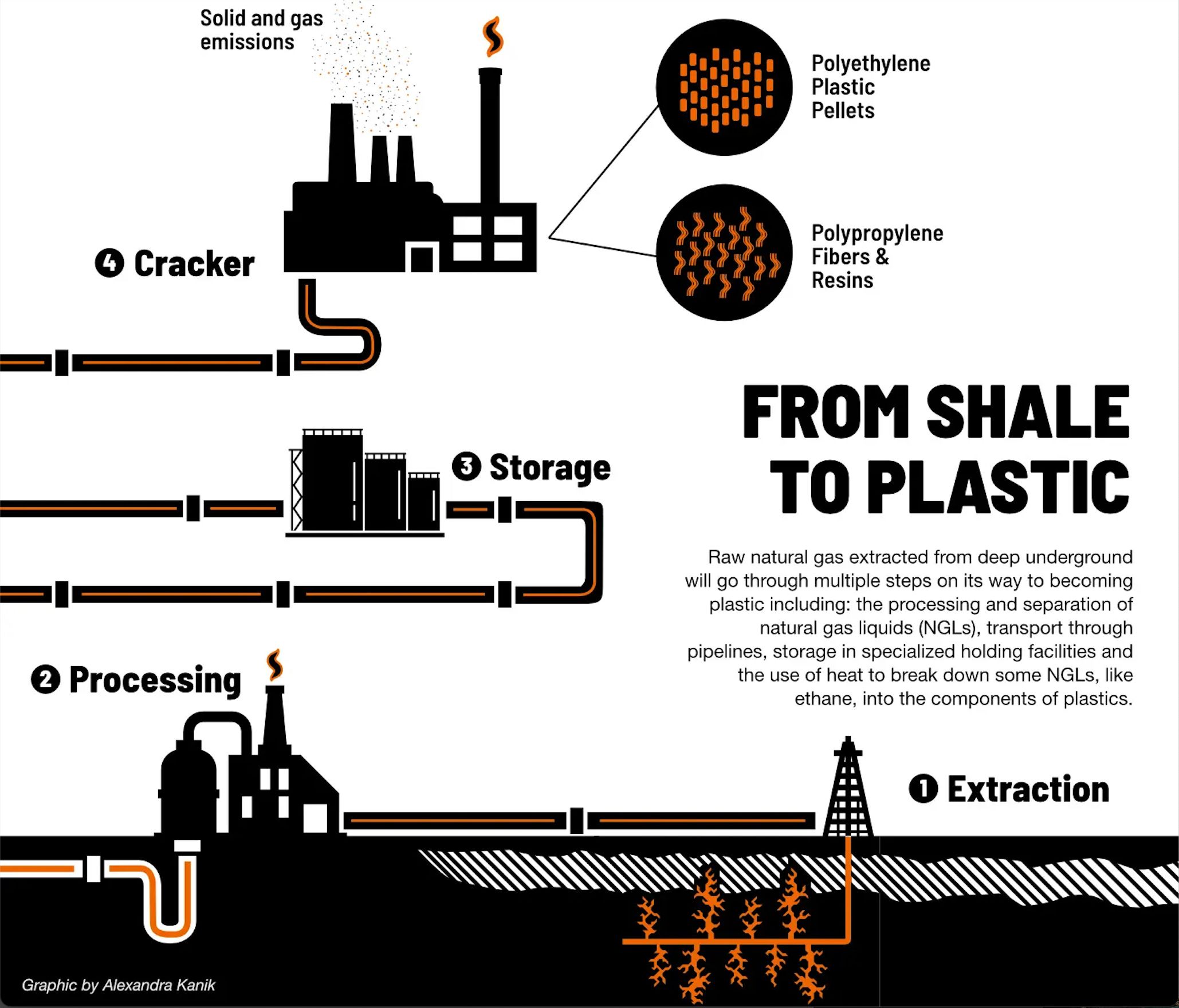
Graphic by Alexandra Kanik / Ohio Valley Resource
Graphic by Alexandra Kanik / Ohio Valley Resource
A circular economy
Solving the problem of plastic is one of the biggest challenges humanity has faced. Nearly all manufactured goods contain plastics and many are essential – if items containing plastic were removed from hospitals, for instance, there would be little remaining.
“To the general public, the plastic problem is all about disposable single-use packaging," says Charlotte Williams, Professor of Inorganic Chemistry at the University of Oxford and a Lead Researcher on the Future of Plastics. "But it’s essential to realise that demonising polymers and plastics is not the solution. They are more than simply packaging. We use plastics because they can do things other materials cannot. Many of the technologies of the future, from electric transport to medical devices, will rely on really good polymeric materials.”
The solution is likely to involve improving recycling infrastructures; designing new, more sustainable plastics; designing products with an end-of-life plan; finding new ways to degrade plastics – such as plastic-eating mealworms and microbes; and diversifying the raw materials that make plastics to plant-based alternatives.
The goal is a circular economy that minimises the environmental impact of plastics without losing their many benefits. Plastics is not the problem, it's plastic waste. It is a future CEO, Data Services, Dean Curtis is so determined to achieve he has recruited an Olympic psychologist from British Rowing to help him build the kind of high-performance culture that can take on a challenge of this scale.
Curtis comes from the world of elite sport himself and believes diverse and inclusive teams where everyone can be the best version of themselves deliver the best results and drive innovation. He encourages his team to be curious, passionate and courageous in tackling this most important of problems, telling them: “A vision is more than just words. It needs to be lived by all of us every day.”
“The younger generation care about purpose over profit which is fantastic for everybody,” adds Curtis. “When I was asked to run a petrochemicals business, I thought: ‘That’s a bit dirty, isn’t it?’ People avoid the industry because of those perceptions but the problem will be solved here. The industry was born out of innovation and it needs to be front and centre in solving the problem. We need to work together and attract the best and brightest talent to tackle one of the most important issues of our time."
Learn more about plastics and sustainability
ICIS 2021 Global Market Outlook - Sustainability
The Oxford Martin Programme on the Future of Plastics
The Ellen MacArthur Foundation
Susan Freinkel, Plastic: A Toxic Love Story, 2011
Susan Mossman, Fantastic Plastic, 2008

Managing Director Dean Curtis
Managing Director Dean Curtis
